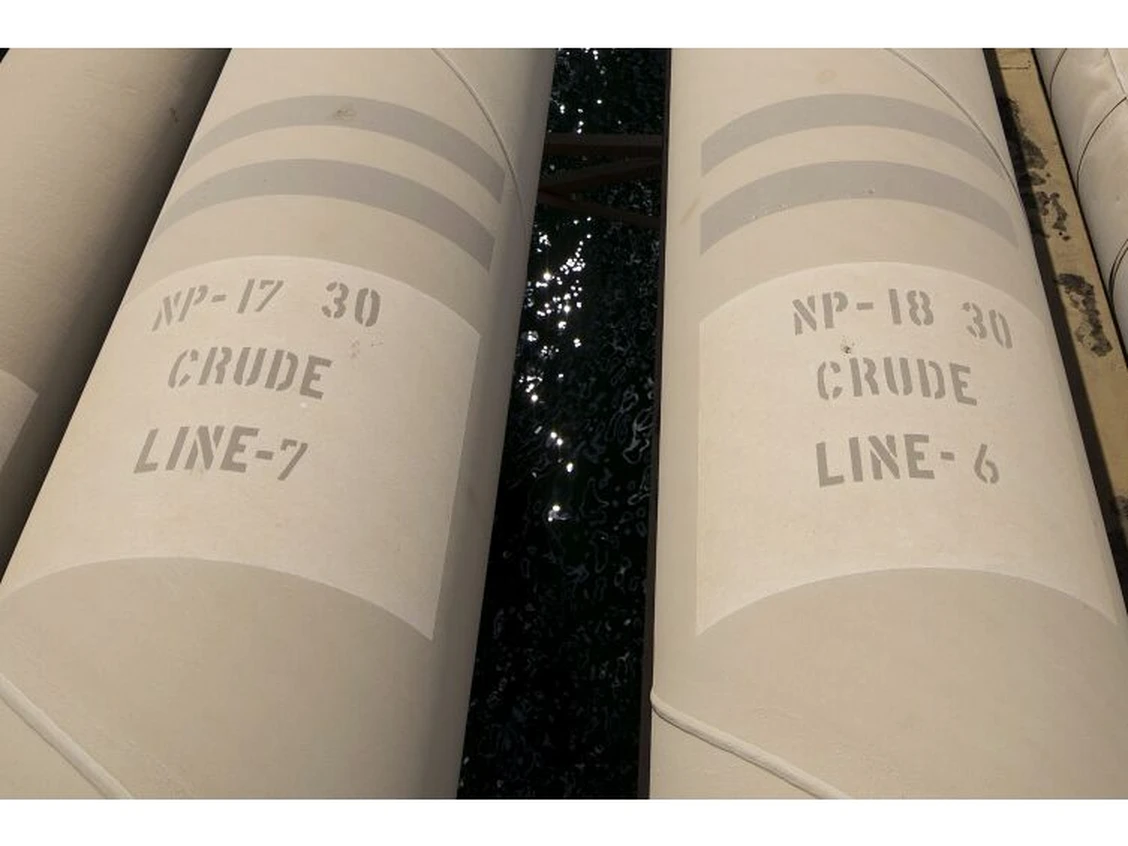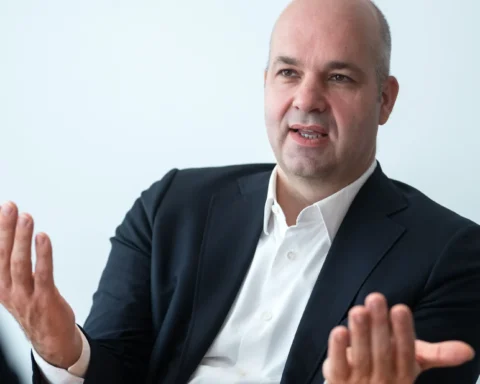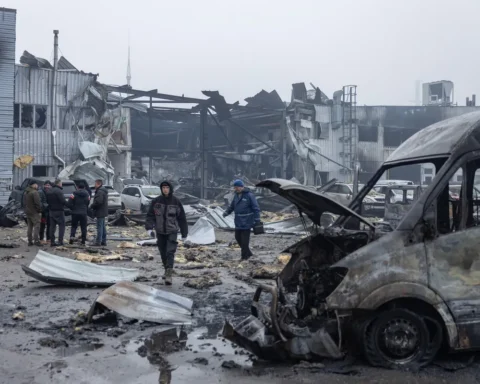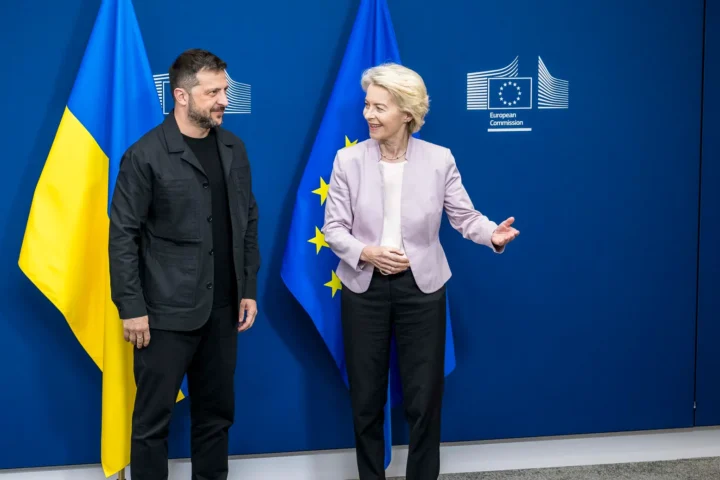The United Arab Emirates sees no reason for concern about a potential oil surplus in global markets. According to Energy Minister Suhail Al Mazrouei, demand remains strong despite OPEC+’s decision to pause production increases during the first three months of next year.
“I’m not looking at an oversupply scenario. I just don’t see it,” Al Mazrouei said at the Adipec conference in Abu Dhabi. “In my view, what we’re seeing right now is growing demand.”
According to Bloomberg, the minister’s remarks reflect the position of key players within the oil cartel, who are eager to demonstrate confidence in market stability despite pessimistic forecasts from Western analytical agencies.
Earlier, the CEO of Saudi Aramco, the world’s largest oil company, expressed a similar view, rejecting concerns about a potential supply glut in 2026. These assessments diverge from the outlook of the International Energy Agency (IEA), which instead expects a record oversupply as early as next year. The IEA forecasts that demand growth will slow, while production from OPEC+ countries, as well as the United States, Brazil, and Canada, continues to rise.
OPEC+ Decision and Market Reaction
As Bloomberg notes, on Sunday members of the Organization of the Petroleum Exporting Countries and their partners agreed to pause output increases in the first quarter of 2026. The move follows a modest hike already scheduled for next month.
The first quarter is traditionally a period of lower fuel consumption. This time, however, market uncertainty is being heightened by new U.S. sanctions on Russia’s two largest oil producers. In this context, OPEC+’s decision to hold production steady appears aimed at preserving balance and preventing sharp price fluctuations.
On Monday, oil prices for January delivery in London rose by about 0.7% following the OPEC+ announcement. Still, crude prices have fallen roughly 13% so far this year, and major Wall Street banks — including Goldman Sachs and JPMorgan Chase — expect further declines.
Long-Term Outlook: Oil, Gas, and the Green Transition
Al Mazrouei emphasized that in the long term, global demand for energy will continue to grow — not only for oil and gas, but also for renewable sources.
“To meet this demand, the world needs investment across all areas of the energy sector,” he said. “We must maintain production capacity and invest in technologies that ensure the stability of future supplies.”
According to Bloomberg, the UAE’s stance highlights the Gulf states’ broader ambition to position themselves not only as suppliers of hydrocarbons but also as active participants in the global energy transition. Despite growing forecasts of a potential oil surplus, countries in the region are betting on investment diversification and maintaining influence over market pricing dynamics.
In conclusion, the UAE and its OPEC+ partners prefer to take an optimistic view: in their assessment, oil demand remains robust, and fears of oversupply are overstated. While Western analysts warn of a possible price decline, Middle Eastern producers are banking on steady demand growth and continued investment activity across the energy sector.
This article was prepared based on materials published by Bloomberg. The author does not claim authorship of the original text but presents their interpretation of the content for informational purposes.
The original article can be found at the following link: Bloomberg.
All rights to the original text belong to Bloomberg.


















